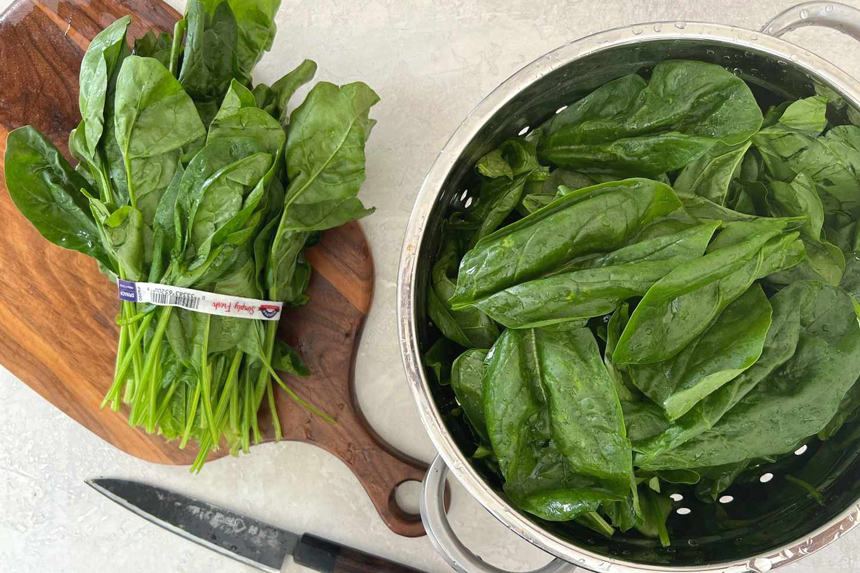Spinach

Spinach, with its rich content of vitamin C, antioxidants, and beta-carotene, is a formidable ally for your immune system. Its nutritional profile is best preserved with minimal cooking, which also enhances the absorption of vitamin A and releases other nutrients from oxalic acid.
The benefits of spinach extend beyond its vitamin content; it is also a source of iron and magnesium, essential for energy production and overall health. Incorporating spinach into your diet can support immune function and provide a host of other health benefits, from improved eye health to stronger muscles.
Turmeric

Turmeric, a key ingredient in curries, is renowned for its anti-inflammatory and antioxidant properties, attributed to curcumin, its active compound. This spice has been used in traditional medicine to treat various conditions, from arthritis to muscle soreness, and is recognized for its potential to boost immune function.
Research on curcumin suggests its antimicrobial properties and its promise as an immune booster, although further studies are needed. Incorporating turmeric into your diet not only adds flavor to your meals but also contributes to a more robust immune system and overall health. [7]
Sunflower Seeds

Packed with nutrients like phosphorous, magnesium, vitamin B6, and vitamin E, sunflower seeds are a nutritional powerhouse. They are exceptionally high in selenium, a mineral that plays a vital role in immune function and has been studied for its potential to combat viral infections.
Incorporating sunflower seeds into your diet not only boosts your immune system but also supports heart health thanks to their vitamin E content. Their versatility makes them an easy addition to any meal, enhancing both flavor and nutritional value.
Incorporating these nutrient-rich foods into your diet can significantly enhance your immune system’s ability to fight infections and diseases. By choosing a variety of these foods, you can enjoy a delicious and healthful diet that supports your body’s natural defenses. Remember, a balanced diet rich in fruits, vegetables, nuts, and spices is crucial in maintaining optimal health and well-being.
Reference:
[1] https://fdc.nal.usda.gov/fdc-app.html#/food-details/170108/nutrients
[2] https://ods.od.nih.gov/factsheets/VitaminC-Consumer
[3] https://www.nccih.nih.gov/health/garlic
[4] https://pubmed.ncbi.nlm.nih.gov/31022566/
[5] https://pubmed.ncbi.nlm.nih.gov/36299246/
[6] https://fdc.nal.usda.gov/fdc-app.html#/food-details/170567/nutrients
[7] https://www.ncbi.nlm.nih.gov/pmc/articles/PMC4802396





